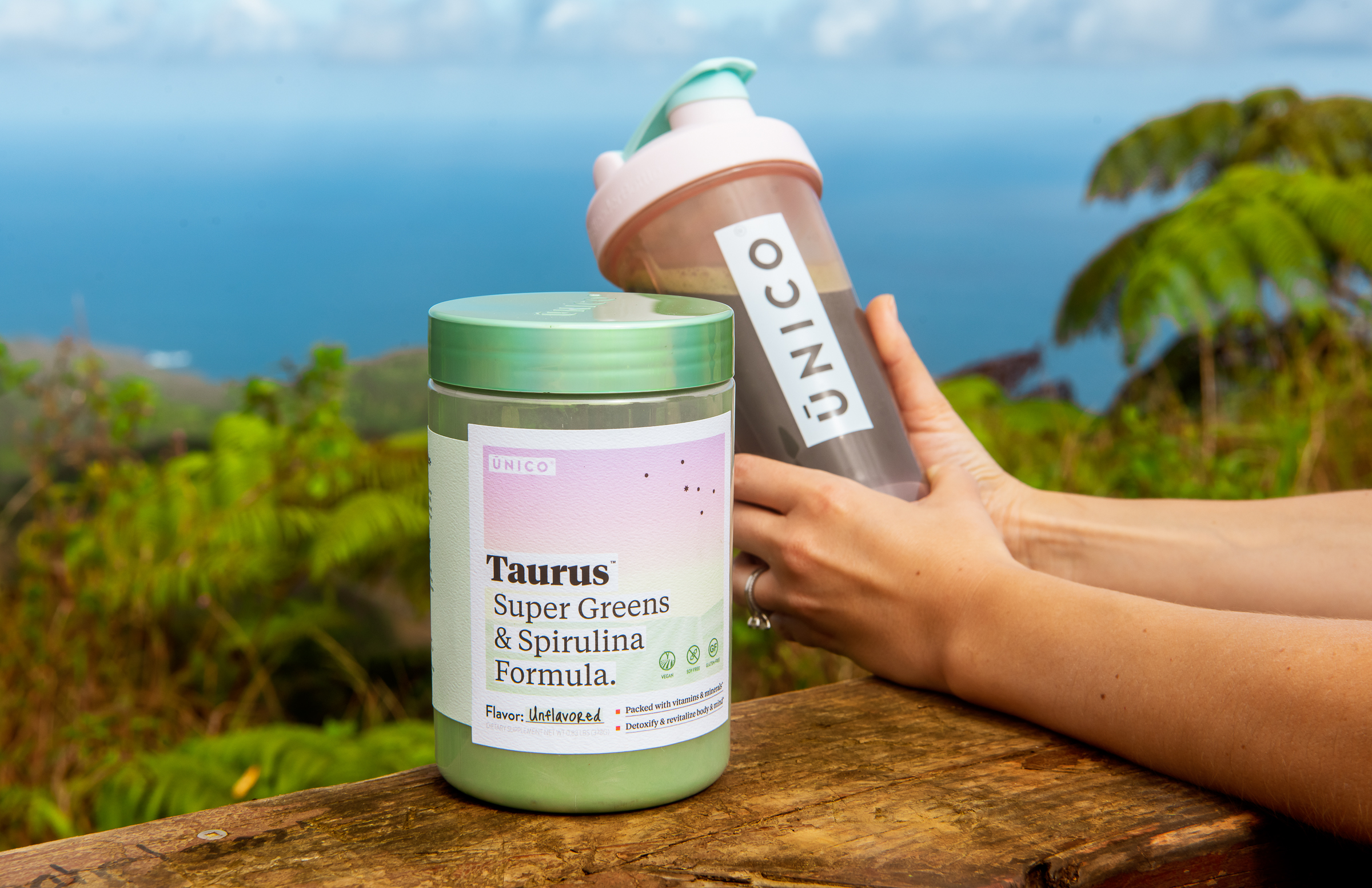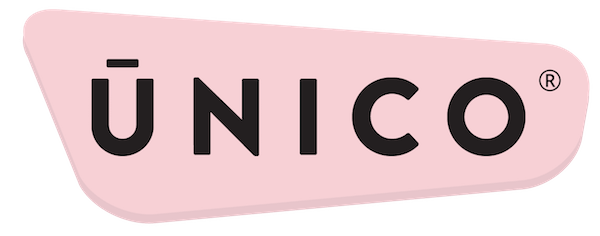Should you go vegan? The world’s most-discussed diet is only growing in popularity, as more people and more people take the plant-based plunge.

Going vegan can be incredibly rewarding, as the health-benefits, prospect of weight-loss, and increased energy levels are well-documented.
But how do you know if a vegan diet is right for you?
Well, there are several clear pros and cons of a vegan diet which can help you decide if you should ‘go green’.
Veganism 101
A vegan diet is different from a traditional vegetarian diet in that it is completely devoid of all animal products.
This includes products that are made with ingredients derived from animals as well as various flavorings and food additives.
Many people choose a vegan diet for any number of reasons, but the main benefits of a vegan diet are:
- To improve overall health
- To lose weight
- To avoid animal cruelty
- To increase energy levels
- To eat more sustainably
These four benefits sound ideal, but before you rush to the fridge to toss out all of your meat and dairy products, keep reading…
Because while science has shown that there are undeniable benefits to eating a plant-based diet, there are both pros and cons of being vegan.
Vegan Diet Pros and Cons
Going vegan does have a few drawbacks, but let’s start with the good news first by expanding on those four main benefits, or ‘pros’ of the vegan diet.
Pro #1: Multiple Health Benefits
Since a vegan diet is loaded with plant-based foods, it can be highly nutritious if you do it right.
Your meals are based around plants, which makes it easier to get enough fruits, vegetables, and whole grains that have been shown to reduce the risk of several chronic diseases.¹
You can maximize these health benefits by eating mostly whole foods versus processed vegan products.
Pro #2: May Help You Lose Weight
Vegan diets are naturally lower in fat and calories, so they have the potential to produce weight loss.
Your diet and exercise are the two most important factors in determining how much weight you can lose in a month.
In one clinical trial, those following a plant-based diet lost more weight, had improved body composition, and less insulin resistance than those following an animal-based diet.2
Whole fruits, vegetables, legumes, and other vegan-friendly whole foods are typically higher in naturally-occurring fiber as well.
Fiber helps keep you feel full, which can prevent over-eating and help you lose weight by keeping overall calorie intake down.
A quality protein powder can also be used as part of a weight loss diet, as it can help reduce hunger, and build lean muscle, which burns more calories.
Recommending Reading: How to Use Protein Powder for Weight Loss
Pro #3: Environmentally Friendly
Many people choose to go vegan because it is better for the environment and uses less resources than animal-based farming.
The farming of livestock (like chicken & cows) produces greenhouse gases such as methane, which some believe may contribute to global warming.
Several research studies do suggest that plant-based eating is better for the planet than most other diets.³
So there is a component of eating vegan that is not necessarily related to our individual health, but the health of our planet.
Pro #4: Increased Energy Levels
Not always, but often times the vegan diet can lead to increased daily energy levels.
Newcomers to vegan diets frequently report feeling less tired throughout the day.
And it makes sense when you think about the types of foods that you eat on a vegan diet.
The vegan diet is usually higher in fiber, and also higher in complex, lower-GI (glycemic index) carbohydrates.
Fiber and low-GI carbs lead to less dramatic spikes in blood sugar, which often precede feelings of tiredness as the blood sugar stabilizes.
Pro #5: Reduced Food Cost
Going vegan can be good for your wallet, especially if you’re consuming mostly whole foods.
Vegan staples such as beans, lentils, and whole grains are less expensive per ounce than meat products.
Additionally, because of that high fiber content that we referenced earlier- they are filling and so a little may go a long way.
This means more money in your pocket if you are buying less food at the grocery store.
That being said, consuming some specialty vegan-friendly processed foods such as frozen meat substitutes, or pre-made meals can be more pricey.
You can stretch your grocery budget by choosing vegan whole foods over processed or packaged vegan meals or snacks.
Cons of a Vegan Diet
While the benefits of a vegan diet are compelling enough to often outweigh the handful of downsides, it is important to keep in mind that a vegan diet might not be for everyone.
Here are few of the challenges that come along with a plant-based diet.
Con #1: Can be Difficult to Follow
A vegan diet is the most restrictive of any plant-based diet, and can be challenging to follow.
If you are used to eating animal foods, it can be an alarming transition to completely eliminate these foods from your diet.
They say humans are creatures of habit, and changing a way of eating can take a great deal of time and energy.
It can also pose a challenge at social gatherings or restaurants which may not vegan-friendly.
So there is absolutely a social element of veganism that you should be prepared for before you take the plunge.
That being said, societal pressure should not prevent you from going vegan if you decide it’s a good decision for your health.
With a little extra planning you can make sure that you have a nutritious, and delicious vegan option to eat.
Con #2: Risk for Nutritional Deficiencies
A vegan diet can be healthy in many ways, but there is risk for developing certain nutrition deficiencies.⁴
These are some nutrients that are found primarily in animal products, or those that are more efficiently absorbed from animal foods.
These nutrients include:
- Calcium
- Iron
- Zinc
- Vitamin B-12
- Vitamin K-2
- Vitamin D-3
- Taurine (an amino acid that is hard to come by in vegan proteins)
- Omega-3 fatty acids like DHA and EPA
It is possible to get enough protein on a vegan diet, contrary to previous beliefs, as long as you include a variety of plant protein sources.
Choose complementary vegan protein sources to make sure that you are getting a balanced variety of amino acids.
Taking a daily vegan multivitamin and mineral supplement, including a separate vegan DHA supplement derived from algae, can also help fill any possible nutrient gaps.
Con #3: Fewer Food Choices
If you like a lot of variety in your diet, a vegan diet may get boring after a while.
You are much more limited in your protein options, and you should be aware that most convenience products will be off-limits.
Some people may feel restricted on a vegan diet, which may increase the risk for overeating.⁵
This can negate many of the potential health benefits of veganism, so it’s important to know yourself and determine if there are enough vegan food options that you truly enjoy.
There are increasingly more vegan supplements becoming available to help provide variety and help prevent over-eating.
A vegan meal replacement shake can help add variety to your diet while providing key nutrients to keep you on-track.
Con #4: Requires Diligent Research
Following a vegan diet requires close attention to detail to confirm what you’re eating is truly vegan.
When consuming packaged products, it’s essential to carefully read the nutrition and ingredient labels to assure there are no animal by-products present.
When doing this, it’s important to know the names of ingredients to look for that may indicate the presence of animal by-products.
A few examples of commonly used, but non-vegan ingredients are:
- Gelatin
- Honey
- Glycerin
It might seem intimidating, but as you adjust to your vegan lifestyle you will become used to spotting some of the ‘usual suspects’.
So.
Those are the main ‘cons’ of a vegan diet.
If you aren’t dissuaded by our list of cons (as you shouldn’t be – you can handle this!), than read on for a few tips on how to get your new diet off on the right foot…
How to Start a Vegan Diet
A vegan diet for beginners requires some research and planning first.
As mentioned above- this will be an adjustment, so the more legwork you can do ahead of time, the less pain-points you will run into.
Here are a few tips to set you up for success
1. Start Slow
Habits can take a while to adjust to, so take it one day at a time, and go at your own pace!
Maybe just one meal per day is completely vegan for the first few weeks of your new diet.
After you start getting comfortable with this, bump it up to two.
Eventually you can start eating primarily vegan, with maybe one or two ‘cheat meals’ per week, until you are ready to go full-vegan.
During this time you will start to gain a better understanding of how to confirm a food is truly vegan.
You will eventually learn which words to look for in the ingredient labels, to the point where they will stand out!
This adjustment period will also help you identify your own personal preferences when it comes to vegan food selection, meal timing, etc.
2. Consume Mostly Whole Vegan Foods
We mentioned earlier that these whole foods are your friend.
Pack your shopping cart with the healthiest vegetables, and remember that these are the foods that will be most effective in helping you lose weight, if that’s one of your goals.
Choose more vegan-friendly whole foods such as tofu, beans, lentils, nuts, and whole grains versus expensive processed products.
Not only are these foods going to help you feel full, and energized, but they are also going to help you save money at the grocery store.
Meet your Nutrient Needs & Prevent Deficiencies
Look, sometimes it’s a good idea to seek the guidance of a professional when starting a dramatic lifestyle change.
Don’t be afraid to lean into the expertise of a registered dietitian to help assure your diet is healthy and balanced.
And until you get a good handle on it, consider a multivitamin and mineral supplement, as well as an algae-based DHA supplement to get in your omega-3 fats.
The benefits of algae are well-documented, and this (vegan) aquatic superfood is also extremely environmentally-friendly.
Try New Things & Experiment
One thing that has not been emphasized enough in this article is that a vegan diet can be energizing, satisfying, and fun!
There is a certain satisfaction that comes along with treating your body and mind to healthy food choices.
Try 1-2 new foods each week and see what works best for you. Testing new recipes can be fun and exciting, so get creative!
Find ongoing support – Seek the support of a friend, family member, or online community that values and respects your decision to follow a vegan lifestyle.
A vegan diet may surely have its benefits, but it’s not for everyone.
It may not be recommended for those who are pregnant or who have a history of an eating disorder, due to its restrictive nature.
If you are starting a vegan diet, our Gemini Vegan Meal Replacement Shake is the ultimate start to your journey.
It’s perfect for a vegan post-workout snack or meal replacement on busy days.
With 16 grams of vegan protein and 14 superfoods, a daily dose of this shake can help you easily meet your nutrition needs.
Sources:
1https://www.ahajournals.org/doi/10.1161/JAHA.119.012865
2https://www.ncbi.nlm.nih.gov/pmc/articles/PMC6893503/
3https://www.nature.com/articles/s41387-018-0067-4
4https://www.sciencedirect.com/science/article/abs/pii/S095965261730848X?via%3Dihub
5https://www.sciencedirect.com/science/article/pii/S0261561420306567
6https://www.ncbi.nlm.nih.gov/pmc/articles/PMC4013785/
- The Pros and Cons of a Vegan Diet, According to a Dietician - March 29, 2022
- Does Collagen Reduce Cellulite? - January 11, 2022
- 6 Different Types of Protein Powder – Which is Best? - December 21, 2021
